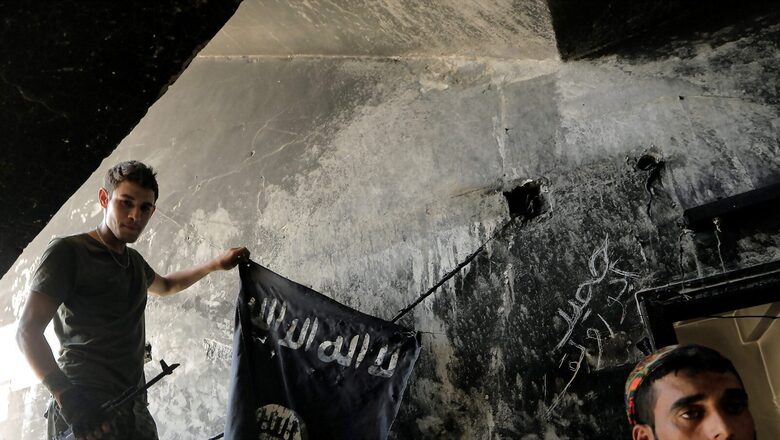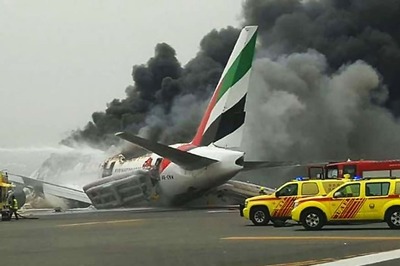
views
A fear of a return of the dreaded Islamic State continues to disturb the locals in the hinterlands of Syria and Iraq. A recent report by the US government highlighted that the Islamic State claimed 182 attacks in Iraq and 19 in Syria over the past three months.
The major attack the terrorist group mounted since its fall in 2019 was when it stormed a prison in northeastern Syria in an attempt to free its loyalists. The attack on Ghwayran prison in the Kurdish-controlled city of Hasakeh claimed the lives of more than 300 people, according to the Syrian Observatory. Though the Syrian Democratic Forces and the Kurdish fighters, both backed by the US, claimed that they retook the prison, fighting in the vicinity continues.
Experts say that the launch of sporadic yet deadly attacks is due to a power vacuum in Syria, Iraq and Kurdistan – a resource rich region that wants to declare itself a new nation. Officials and residents in northern Iraq and eastern Syria while speaking to news agency Reuters have blamed the Iraqi, Syrian, Iranian and Kurdish armed groups vying for supremacy as the reason behind a possible resurgence of the Daesh – the Arabic acronym for ISIS.
While Iranian forces attack remaining US soldiers the Turkish soldiers bombs Kurdish positions. Turkey’s latest attack on Kurdish militants came on Tuesday where it claimed to have launched airstrikes on Kurdish training camps, shelters and ammunition storage areas. The Kurdistan autonomous region however remains embroiled in a territorial dispute with Iraq.
The locals from towns like Jalawla and Sinjar speaking to Reuters said that IS fighters regroup in no-man’s lands and remote farmlands between areas controlled by the SDF, Iraqi army, Kurdish and Shi’ite militias. They also highlight that this lack of governance once allowed the IS terrorists to thrive in these regions and govern millions with an iron fist.
Mohammed Jabouri, an Iraqi army commander, told Reuters that the IS militants operate in groups of 10-15 and accepted that lack of agreement over territorial control have empowered them. “There are areas where neither the Iraqi army nor Kurdish forces can enter to pursue them. That’s where Daesh is active,” he was quoted as saying by news agency Reuters.
Ahmed Zargosh, mayor of a town named Saadia which falls in a disputed area, said that the armies or militias often don’t recognise each other’s authority. “The problem is that local commanders, the army and the paramilitaries, sometimes don’t recognise each other’s authority. It means Islamic State militants can operate in the gaps,” Zargosh was quoted as saying. He, like other locals, is afraid of the resurgence and feels that the IS will assassinate him if he lives in Saadia during nighttime.
Experts have told Reuters that the IS fighters have resorted to their old tactics of extorting businesses, raiding homes for food and demanding ‘taxes’ from locals – the tactics which led them to rise to power. “This is an organisation that has retained a significant amount of manpower. They’ve got many more local fissures, be they ethnic, political, or sectarian, to exploit to their advantage,” Middle East Institute think-tank Charles Lister was quoted as saying by news agency Reuters.
Read all the Latest News here




















Comments
0 comment